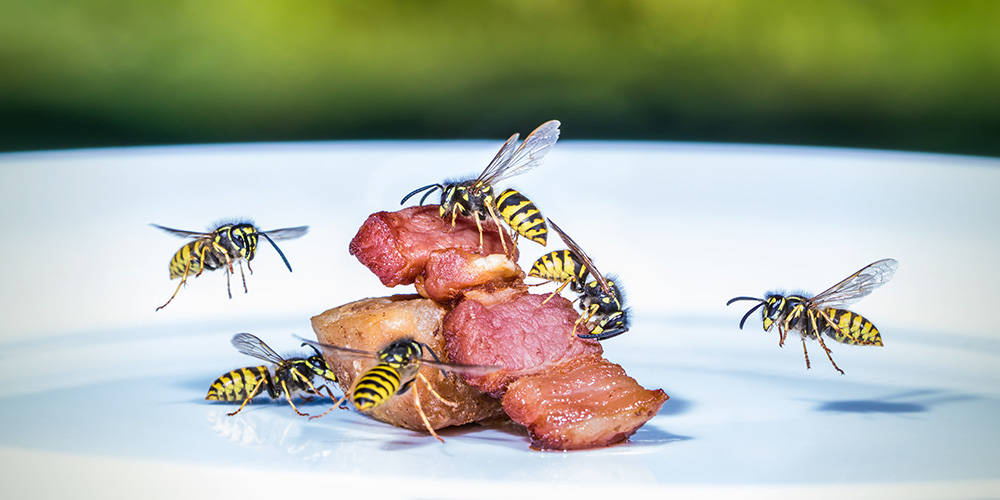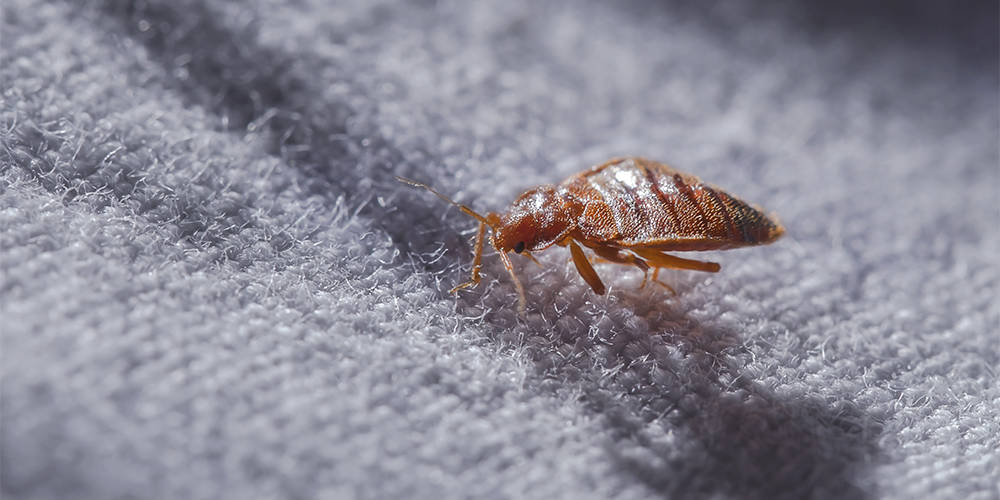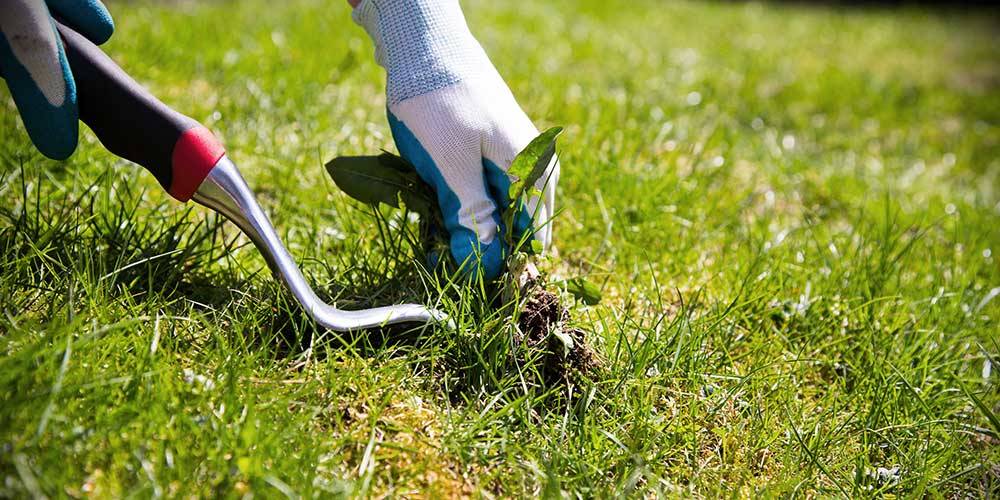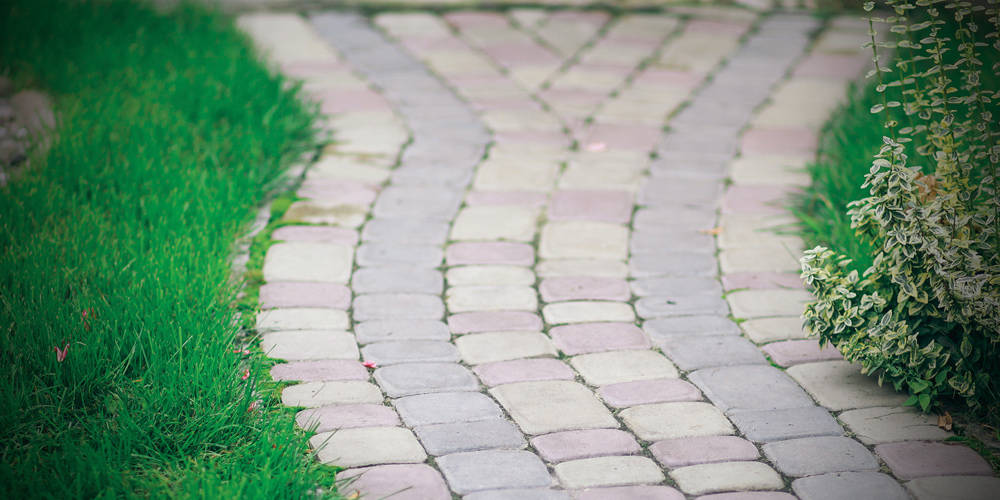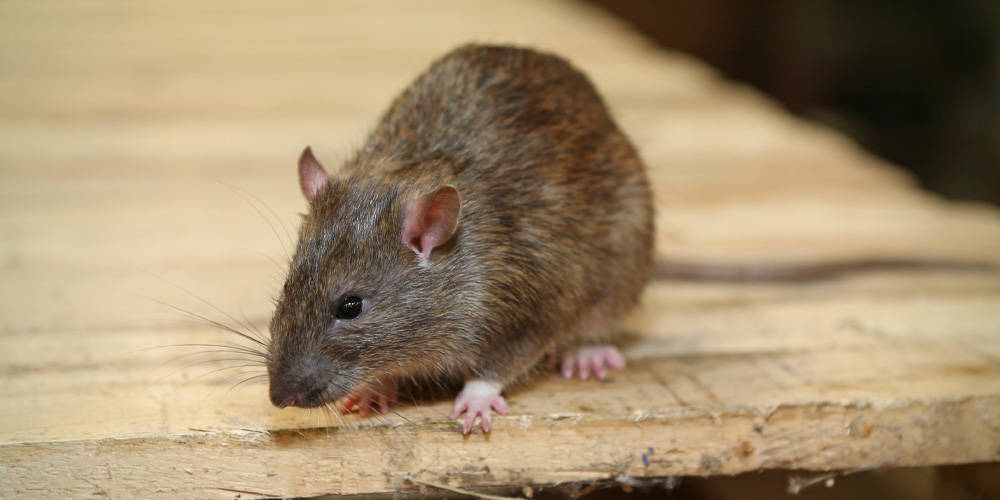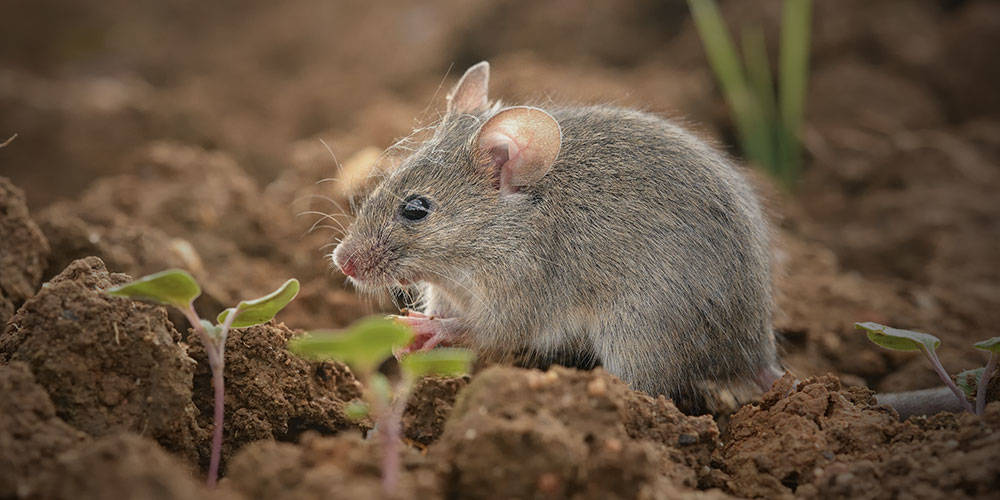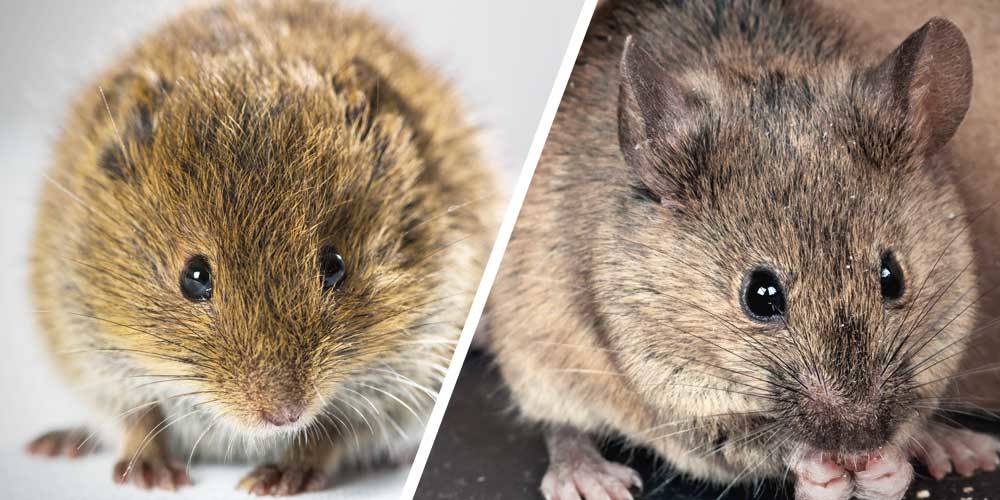The latter half of the summer is known as wasp and hornet season, as it is during this time of year that they multiply quite quickly. Unfortunately, unlike some other insects, they can actually harm you and your family with their vicious sting (and, even worse, they can sting you more than once).
The dangers of that sting increase considerably if someone in your family is allergic. While these insects are present during other months, the final weeks of summer cause them to be a little dopey, and they are actually far more likely to sting you as a result.
So what can you do about it? Here are some ways to keep your family safe during wasp and hornet season.
Identifying Nests
The first thing you are going to need to know is how to identify the wasp and hornet nests around your yard—if you do not know they are there, you cannot do anything to protect yourself against them!
There are, unfortunately, both aerial versions (e.g.: in the top corners of the sides of your home) or nests that sit on the ground. Both types consist of a layered grey- or straw-coloured papery material built into a spherical shape. On the inside of the nests, you are likely to find a honeycomb structure.
Common locations for these nests are garages, trees and shrubs, the eaves of buildings, compost heaps, and some fruit bushes. Watch these areas for signs of activity, including actual sightings of wasps or hornets.
Protective Measures
So what can you do to protect yourself and your family against wasps and hornets?
Your best course of action is to remove any nests on your property. If you are able to locate the nest, you can try to solve this problem yourself. Make sure you wear protective clothing, approach at night when the wasps and hornets are asleep, and spray the nest as thoroughly as possible with a product such as One Shot Jet Foam Wasp & Hornet Killer.
Do not remove the nest right after spraying. Instead, wait until the next evening and use a garbage bag to remove the nest. This helps ensure no angry survivors will attack you. If you are unable to locate the nest or are allergic, you will want to hire a professional to do this for you, for both effectiveness and safety.
Avoiding the Sting
Can you avoid being stung by wasps and hornets? If you have not stepped on their nest and already made them angry, you can definitely escape the area without being stung. The key is to remain calm and slowly walk away. Screaming and running will only agitate the wasps and hornets, resulting in them targeting you.
